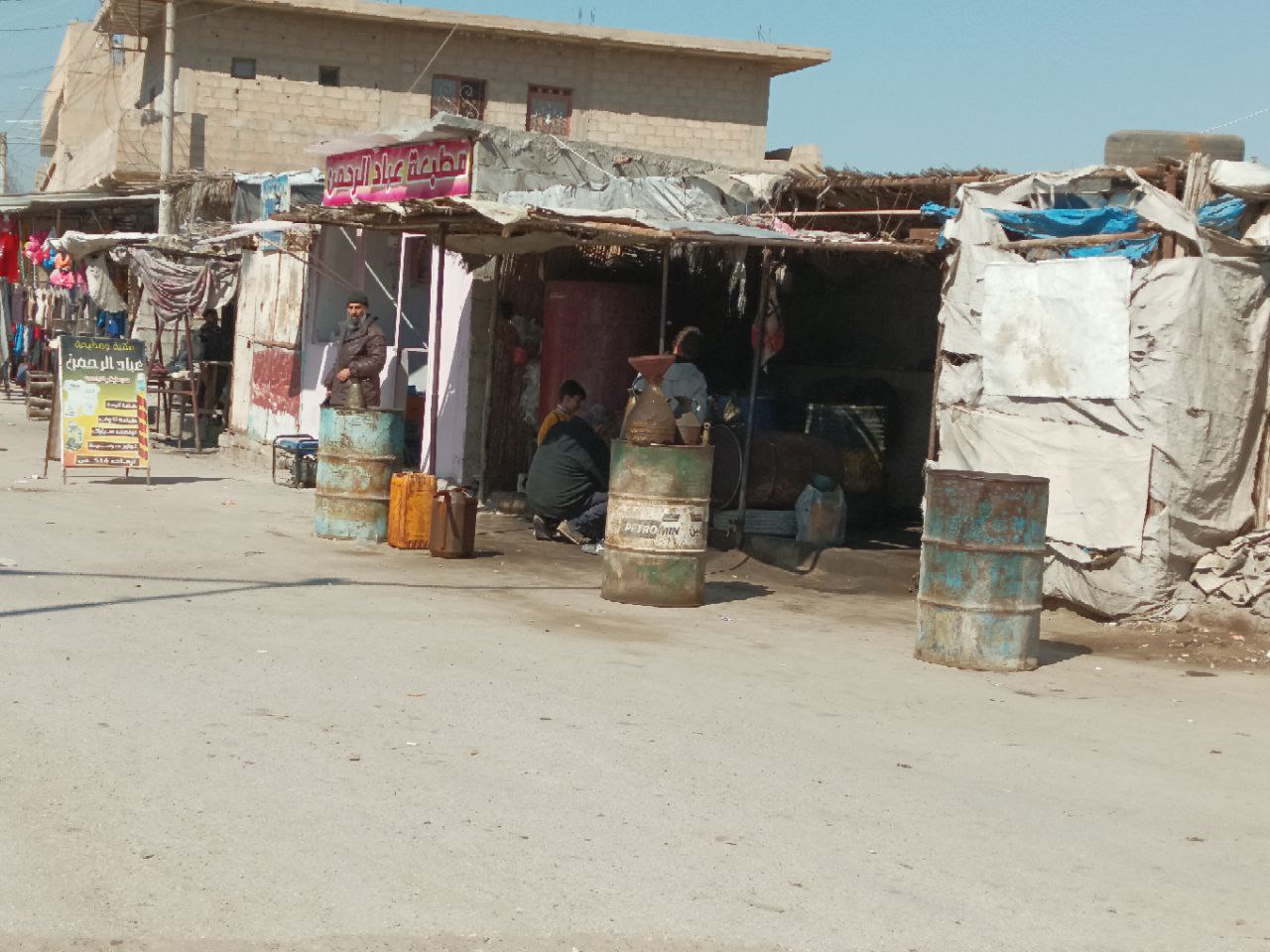



The Directorate of Fuels of the Autonomous Administration of North and East Syria (AANES) has restricted the issuance of “heating cards” to those holding a Syrian ID or family registration book, rejecting any other form of personal identification.
Since the Fuel Committee began distributing the cards, many residents of the Deir Ezzor countryside have been unable to obtain their allocations due to the new regulations.
The Autonomous Administration has set the diesel distribution quantity for the 2024-2025 season at 300 liters per family.
According to a decision issued by the Autonomous Administration on April 30, a committee was formed to verify the official documents, which include the personal ID of the husband or wife, along with a family registration book or a family statement issued by the civil registry of either the Autonomous Administration or the Syrian regime.
The decision follows an increase by the Autonomous Administration in fuel prices in its controlled areas since May 1.
According to the official bulletin issued by the Autonomous Administration, the price of a liter of heating diesel rose from 325 to 1150 Syrian pounds.
A monitor in the Fuel Committee (who preferred not to be named as he was not authorized to speak to the media) told Enab Baladi that the increase in fuel prices was due to the shortage the Autonomous Administration is suffering from because of the Turkish strikes targeting infrastructure in northeastern Syria last January.
The Executive Council of the Jazira Region of the Autonomous Administration announced on January 16 that the destruction at the al-Suwaidiyah power station reached 100%, rendering it completely out of service.
Samer al-Ghannam (40 years old), a farmer from the town of al-Sabha in the eastern countryside of Deir Ezzor, told Enab Baladi that he did not receive his fuel allocations, which amounted to 600 liters.
Al-Ghannam lost his official documents and family registration book during the period of Islamic State control over the region between 2014 and 2019.
The Fuel Committee did not recognize the documents issued by local councils affiliated with the Autonomous Administration such as “identification certificates” or “residency certificates.”
Similarly, Zahid al-Ali (35 years old), a bus driver from the village of al-Shanan in the eastern countryside of Deir Ezzor, did not receive his first batch of allocations due to the lack of personal identification.
He received promises to get his diesel allocations after five months if he could provide a personal ID or a family registration book issued by the Syrian regime.
Al-Ali will have to secure diesel for the winter from the black market at high prices, which are not compatible with his daily income.
Most of Syria’s oil fields are concentrated in the provinces of Deir Ezzor and al-Hasakah, under the control of the Syrian Democratic Forces (SDF), including the fields of Rmelan, al-Omar, al-Tanak, and al-Ezba.
Meanwhile, the Syrian regime controls small fields with limited output.
The Rmelan field in al-Hasakah includes about 1,322 oil wells and 25 gas fields.
The Autonomous Administration reveals the production of around 150,000 barrels of oil daily, according to statements published by the Asharq Al-Awsat newspaper in August 2023 from the co-chair of the Executive Council of the Autonomous Administration, Hassan Kojar, indicating that the Administration operates less than half of the wells and oil fields in its areas of control.
According to previous estimates provided by Assistant Researcher at the Omran Center for Strategic Studies, Manaf Quman, to Enab Baladi, based on information gathered during the preparation of a study on the economy of the Autonomous Administration, the Administration produces 48,500 barrels a day from oil fields in Deir Ezzor alone, out of a total of 80,000 to 120,000 barrels (its total daily production).
The SDF distributes part of this production to local oil refineries for local consumption, which constitute the smallest part of the production. Another part is exported to Iraqi Kurdistan for sale, and a portion is sold in opposition-controlled areas in northwestern Syria.
if you think the article contain wrong information or you have additional details Send Correction